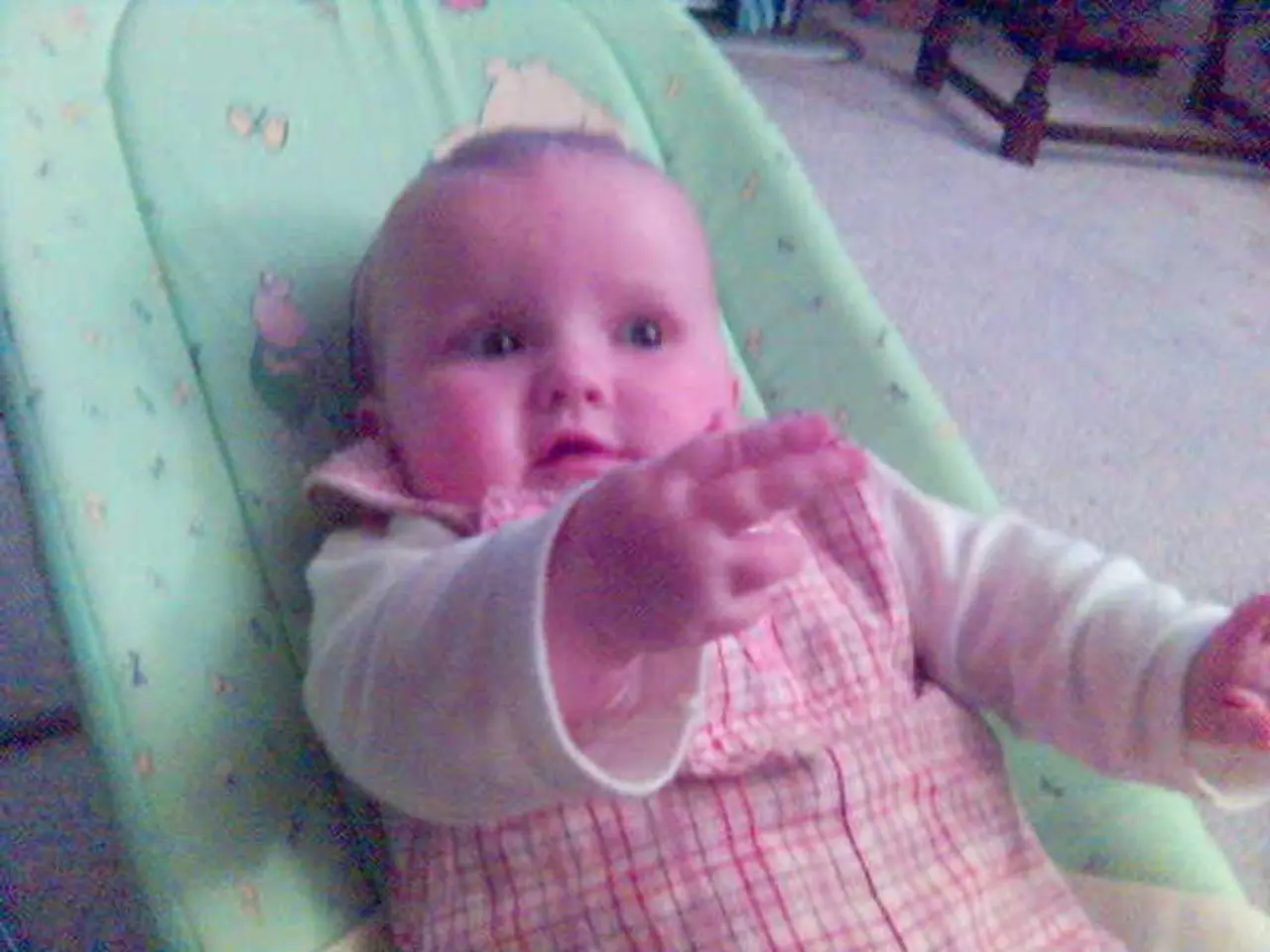Fatherly Mental Processes Could Alter Paternal Parenting Styles
A recent study published in Frontiers in Psychology has shed new light on the intricate dynamics between parents during the critical window of early parenthood. Researchers from Austria and Switzerland followed 40 first-time heterosexual couples, assessing attachment style and general reflective functioning during pregnancy and six months after birth[1].
The study found that a mother's mentalizing capacity during pregnancy positively influences a father's parenting sensitivity six months after birth[1][3]. Specifically, mothers' ability to understand and reflect on mental states (maternal mentalizing) during pregnancy predicts greater mentalizing capacity and higher parenting sensitivity in fathers postpartum.
Fathers with secure attachment styles and strong mentalizing abilities during pregnancy independently show greater sensitivity to their infants. However, the mother’s mentalizing skills appear to boost these paternal capacities beyond their own attributes[3]. The relationship is unidirectional in this study’s findings: fathers’ mentalizing during pregnancy did not similarly influence mothers' parenting sensitivity postpartum, highlighting the particular importance of maternal mentalizing in shaping family dynamics and paternal caregiving[1].
Each parent's ability to reflect on emotions and intentions seemed to influence the other's development of these skills over time. The study also revealed that fathers with secure attachment styles and stronger general mentalizing skills during pregnancy showed greater sensitivity with their infants at six months[1].
The findings contribute to a growing body of research emphasizing the value of examining family dynamics through a systemic lens. Programs that support both parents in developing reflective skills may lead to stronger co-parenting relationships and more sensitive caregiving overall[3]. The study underscores the importance of including fathers in research and intervention efforts, especially during the critical window of early parenthood[1].
The researchers propose that screening for attachment styles and mentalizing abilities during pregnancy could help identify families who may benefit from early interventions[1]. This highlights the critical role maternal mentalizing plays in the family system, particularly in enhancing paternal caregiving quality.
[1] Ismair, S., Dinzinger, A., Markova, G., Schropp, J., Brisch, K. H., Sperl, W., & Priewasser, B. (2025). One and one makes three-Mothers' and fathers' attachment, mentalizing and parenting sensitivity. Frontiers in Psychology, 16, 1582698. https://doi.org/10.3389/fpsyg.2025.1582698 [3] Information derived from the bullet points provided.
- The study published in Frontiers in Psychology reveals that a mother's mentalizing capacity during pregnancy positively impacts a father's parenting sensitivity six months after birth.
- Each parent's ability to reflect on emotions and intentions seems to influence the other's development of these skills over time.
- Fathers with secure attachment styles and strong mentalizing abilities during pregnancy independently show greater sensitivity to their infants, but the mother’s mentalizing skills appear to boost these paternal capacities beyond their own attributes.
- The relationship is unidirectional in this study’s findings: fathers’ mentalizing during pregnancy did not similarly influence mothers' parenting sensitivity postpartum.
- The findings contribute to a growing body of research emphasizing the value of examining family dynamics through a systemic lens.
- The researchers propose that screening for attachment styles and mentalizing abilities during pregnancy could help identify families who may benefit from early interventions, highlighting the critical role maternal mentalizing plays in the family system, particularly in enhancing paternal caregiving quality.




